Understanding Solar Charger Controllers
A solar charger controller is an essential component in a photovoltaic system. It regulates the voltage and current coming from the solar panels going to the battery. With a variety of solar power charge controllers on the market, it's crucial to understand their role in ensuring the longevity and efficiency of your solar energy system.
Types of Solar Charge Controllers
The two primary types of controllers are the MPPT solar charge controller and the PWM solar charge controller. The Maximum Power Point Tracking (MPPT) controllers are highly efficient, optimizing the power output from solar panels by adjusting the electrical operating point of the modules or array. Pulse Width Modulation (PWM) controllers, on the other hand, are simpler and lower-cost solutions that extend battery life by reducing the system's power as the battery gets closer to full charge.
Features and Applications
When selecting a solar system charge controller, it's important to consider features such as charging algorithms, electronic protections, and display interfaces. These controllers are not just limited to residential use but are also integral in commercial and industrial solar applications. From managing small-scale solar systems to large solar working stations, the versatility of a controller solar charge is evident across various implementations.
Materials and Advantages
The construction of a solar charge controller often involves durable materials capable of withstanding environmental stressors. The advantages of using a sophisticated charge controller include extended battery life, prevention of overcharging, and enhanced system performance. The integration of a charge regulator within a solar setup is a testament to the technological advancements in renewable energy management.
Choosing the Right Controller
When integrating a solar panel and charge controller, it's imperative to match the controller with the solar panel's voltage and current specifications. For those seeking advanced efficiency, an MPPT solar charge regulator may be the preferred choice, while a PWM solar charge controller might be suitable for simpler, cost-sensitive applications.
Environmental Impact and Sustainability
The use of a solar energy charge controller contributes to the sustainability of solar systems by maximizing energy harvest and minimizing waste. As the world moves towards greener solutions, the role of a solar panel controller charger becomes increasingly significant in promoting responsible energy consumption and conservation.

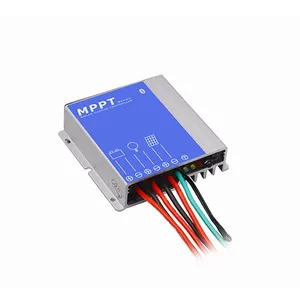






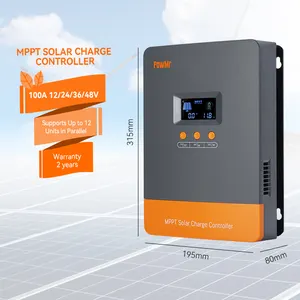




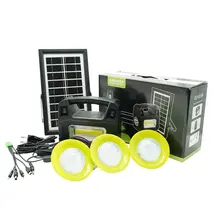

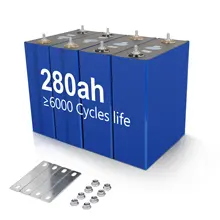
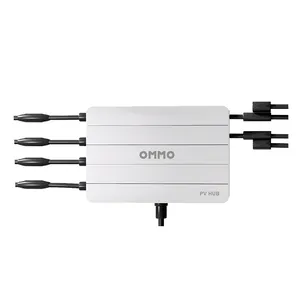



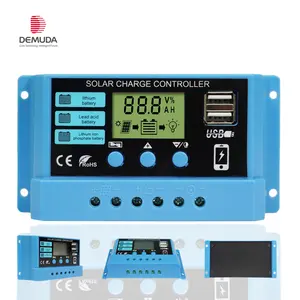
















 浙公网安备 33010002000092号
浙公网安备 33010002000092号 浙B2-20120091-4
浙B2-20120091-4